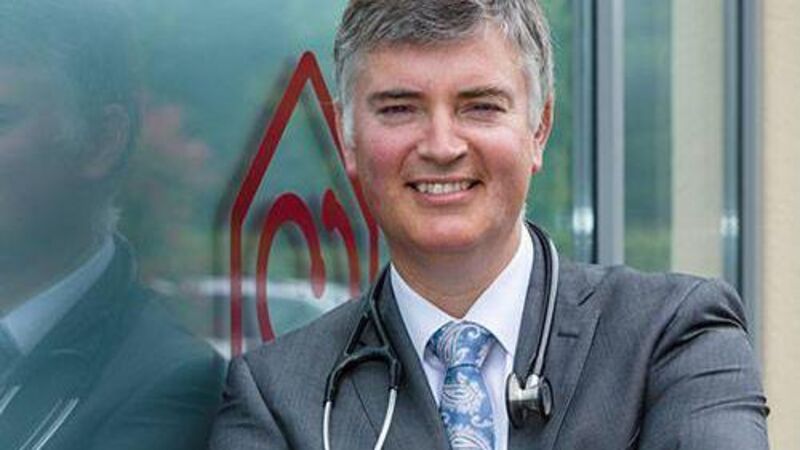Waterford heart attack patients have 'almost zero chance' of timely lifesaving treatment

Waterford cardiologist Dr Patrick Owens told the 'Irish Examiner' that time is of the essence when someone is suffering a heart attack.
People who have a heart attack outside office hours in Waterford have an almost “zero” chance of accessing lifesaving treatment within an acceptable timeframe as they have to be transferred to Cork.
That is according to Paddy Owens, a cardiology consultant at University Hospital Waterford (UHW), who was speaking after the latest national audit found that treatment for major heart attacks should be delivered within 120 minutes of the first medical contact for the patient.












